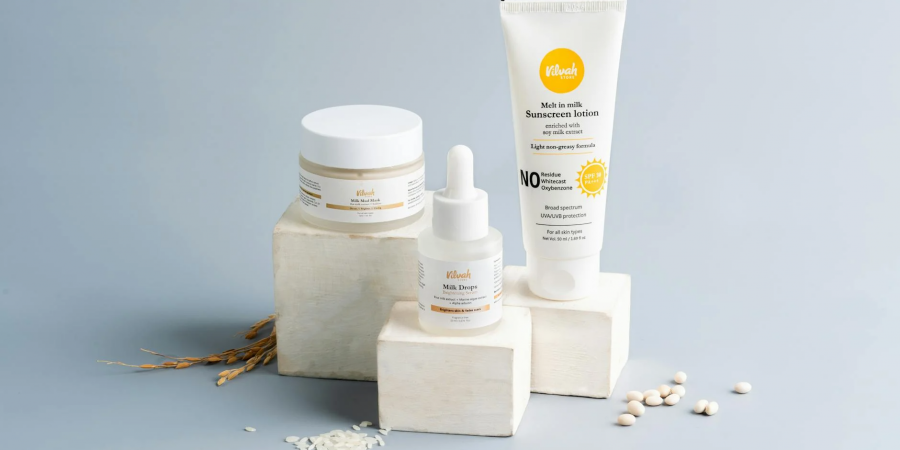

Hello Everyone!
Sunscreen is a topical photoprotective lotion that helps shield the skin from sunburn and, more significantly, prevents skin cancer. It is sometimes referred to as sunblock or sun cream. Sunscreens are available as sticks, powders, gels, sprays, lotions, foams (such whipped or expanded foam lotion), and other topical preparations. Sunscreens are frequently used in addition to apparel, especially sunhats, sunglasses, sun protective apparel, and other photoprotective gear like umbrellas.
Depending on whether inorganic or organic molecules are the active ingredients in the formulation, sunscreens can be categorized as follows:
Mineral sunscreens, sometimes called physical sunscreens, have only inorganic molecules as active components (titanium dioxide and/or zinc oxide). These substances function mostly by absorbing UV radiation, although they also reflect and refract light.refractive index Refraction.
Chemical sunscreens: their active components are organic compounds. The term "petrochemical sunscreens" is occasionally used to describe these products since the active organic compounds are created using building blocks that are usually sourced from petroleum. Chemical sunscreen chemicals likewise function primarily through UV light absorption. Because of their effects on aquatic life and the environment, several organic UV absorbers have been banned in locations like Thailand and Hawaii. Over the years, some of these absorbers have been closely examined to determine their toxicity.
sunscreens that combine inorganic and organic UV filters in a hybrid form.
Sunscreen is advised by health organizations like the American Cancer Society because it helps prevent squamous cell carcinomas. Regular sunscreen application may also lower the chance of developing melanoma.Broad-spectrum sunscreens, which block both UVA and UVB rays, are advised in order to provide excellent protection against all possible UV light-related effects.
The U.S. Food and Drug Administration (FDA) has designated only zinc oxide and titanium dioxide as generally recognized as safe and effective (GRASE) as of 2021. At this time, there is not enough evidence to justify the designation of petrochemical UV filters as safe.
Sunscreen use can help prevent two types of skin cancer: squamous cell carcinoma and melanoma.Its ability to prevent basal cell carcinoma appears to be limited.
According to a 2013 study, regular, attentive use of sunscreen could delay or even stop the appearance of wrinkles and sagging skin.900 Caucasian participants in Australia were asked to participate in the study, and some of them had to use broad-spectrum sunscreen every day for 45 days. It was discovered that those who made this change had skin that was notably smoother and more resilient than those who were told to stick to their regular routines.Daily usage of sunscreen (SPF 30) reversed photoaging of the skin within 12 weeks, and the improvement persisted until the end of the trial, which involved 32 participants.
